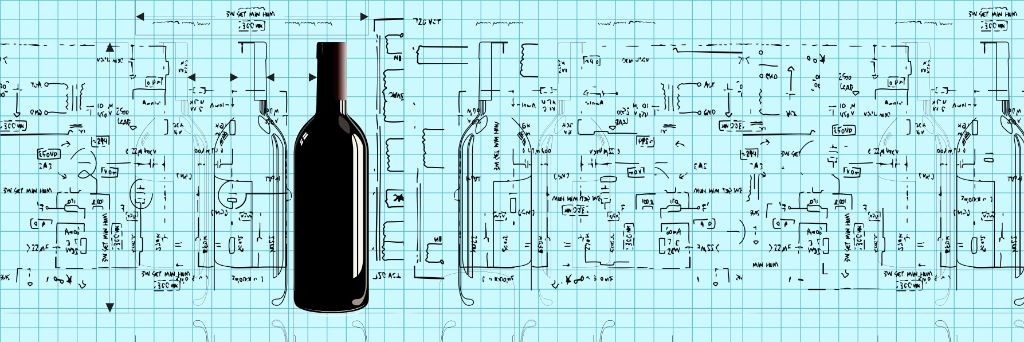Craft & Cork >> Winemaking

Is it okay to hack your wine kit?
For most people, the word ‘hack’ either calls up the act of chopping wood, or a terrible golf swing. The modern definition, borrowed from people who like to fiddle about with computers, is the practice of modifying the features of a system, in order to accomplish a goal outside the creator’s original purpose.
After making a few wine kits, many winemakers wonder if there isn’t something more to it. After all, there are thousands of different winemaking techniques and procedures that aren’t
mentioned in the instructions. Plenty of winemakers are interested in taking kits to the next step: more oak, less oak, different yeast, different ageing and processing times, sur lie, tannins, blending . . . all the stuff commercial winemakers do every day. Couldn’t you change a few things up, ‘hack’ your kit, and get an even better wine?
 For beginners, that answer is usually ‘better not’. Wine kits are a bit tricky that way: The instructions serve a very practical purpose. Our R&D team at RJS Craft Winemaking is constantly looking for ways to make our wines better, constantly experimenting and tweaking and subtly altering blends. In fact, you’ll be surprised to learn that the most frequent single maker of our kits is us–we make hundreds of our own kits every year, because we want to make sure they make the best wine possible, right from the first time you open a box. Decades of winemaking science and fermentation trials have shaped our instructions into the simplest, most fool-proof way to make your wine. If you follow the instructions exactly, your wine will turn out right every single time–so don’t change anything, right?
For beginners, that answer is usually ‘better not’. Wine kits are a bit tricky that way: The instructions serve a very practical purpose. Our R&D team at RJS Craft Winemaking is constantly looking for ways to make our wines better, constantly experimenting and tweaking and subtly altering blends. In fact, you’ll be surprised to learn that the most frequent single maker of our kits is us–we make hundreds of our own kits every year, because we want to make sure they make the best wine possible, right from the first time you open a box. Decades of winemaking science and fermentation trials have shaped our instructions into the simplest, most fool-proof way to make your wine. If you follow the instructions exactly, your wine will turn out right every single time–so don’t change anything, right?
At least, don’t do it right away. The thing about rules is that you have to know them first, so you can break them most effectively. If you want to try a technique on your wine, but don’t have any idea how it will turn out, be prepared for a variable result. You can check with your RJS Craft
Winemaking Academy store, who may or may not encourage you, or join a winemaking club in your area to get some advice to guide your hand, but be prepared for a variety of answers that may not always clear things up right away.
That makes it all the more important to have several by-the-book kit fermentations under your belt before you start. At least you’ll have wine on hand to console yourself in case your experimental batch doesn’t quite come up to snuff. Worst-case scenario, you’ll have learned  something–you could even have made your best batch yet.
something–you could even have made your best batch yet.
And that’s the best thing about making your own wine: you get to decide stuff. Do you want to want to try some advanced winemaking techniques and use your inner genius to take the risk and grab the reward? Or do you want to follow all the instructions, created by people who did thousands of trials and know what works?
That’s up to you. But the world is your oyster–go ahead and pry it open and enjoy it with a glass of wine.


Comments are closed.